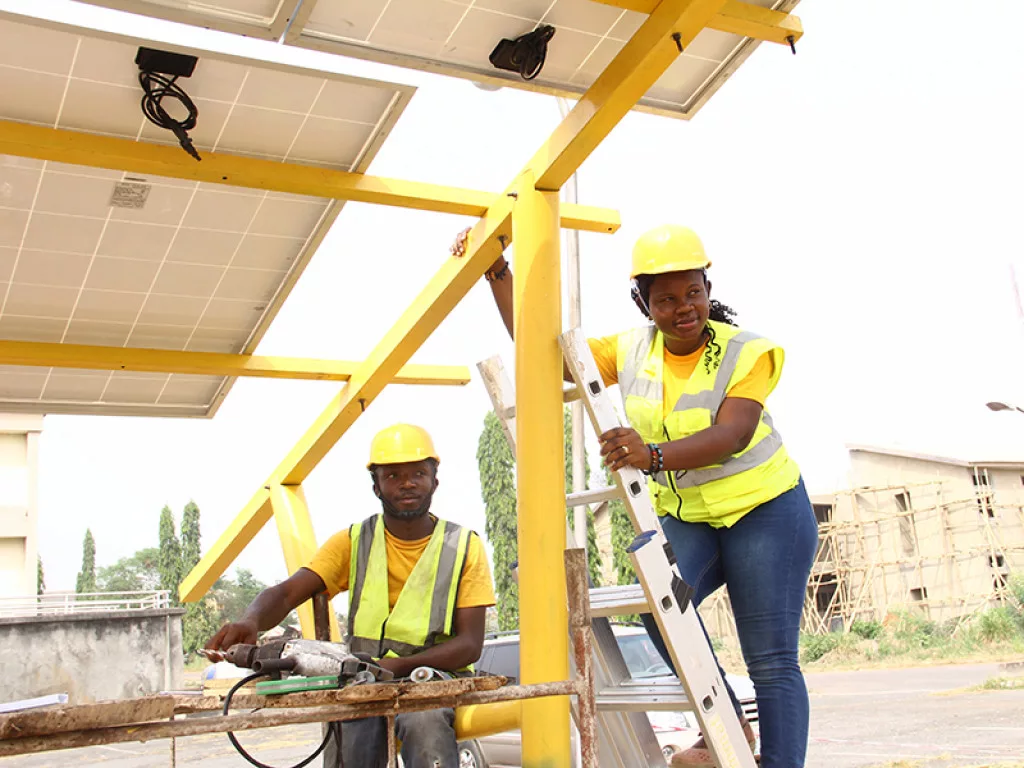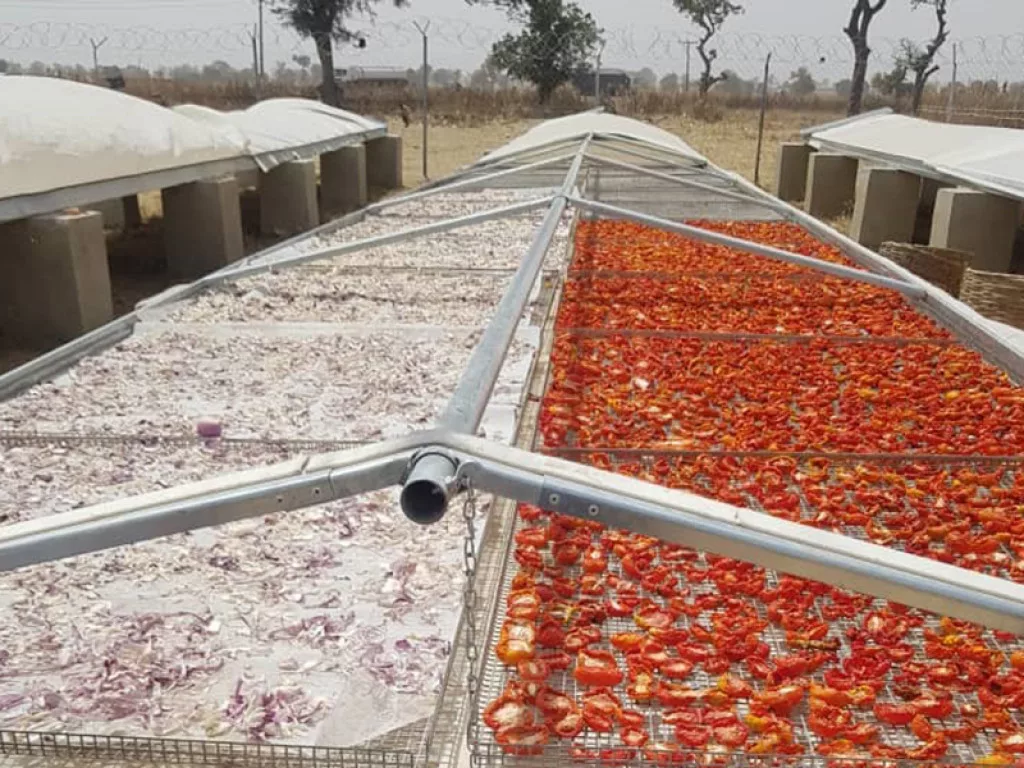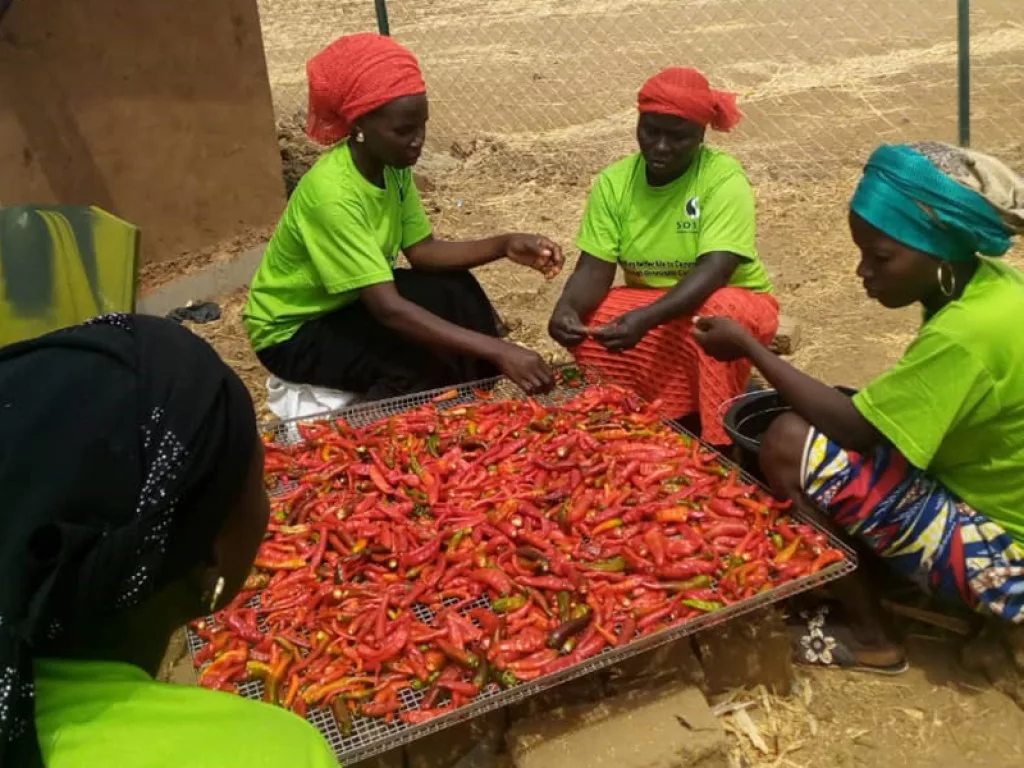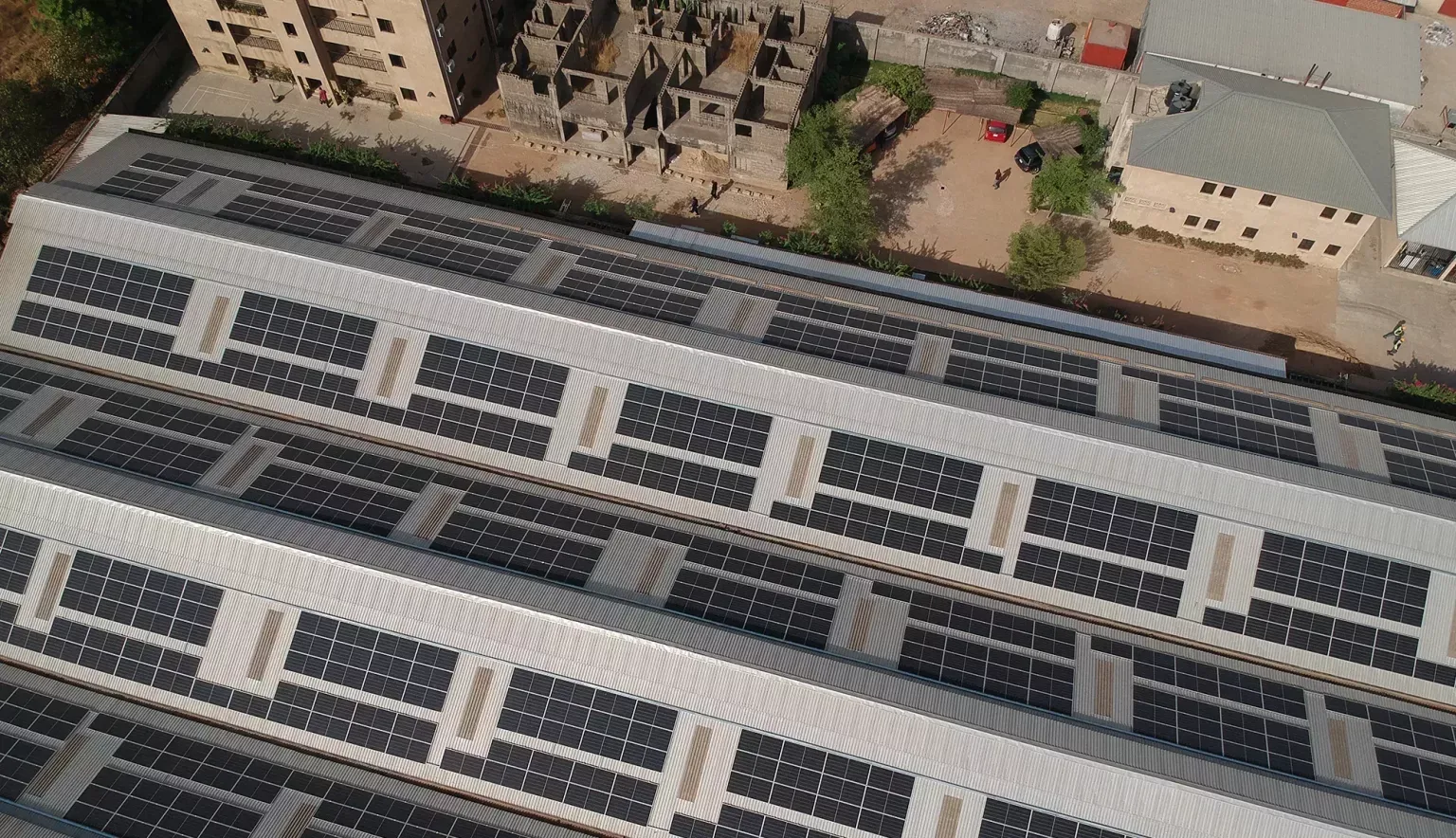The Renewable Energy Association of Nigeria aims to increase energy access across Nigeria’s nascent renewable energy sector.
INTRODUCTION
It is a widely recognised fact that in a continent where 600 million people live without energy access, electrification is needed. The deployment of renewable energies (RE) is an integral component in charting the continent’s path forward, yet in Nigeria, this remains a relatively nascent industry, with financial constraints representing the main impediment to hamper the sector’s progress.
Within Nigeria, since 2013 a Renewable Energy Master Plan (REMP) has been in place, targeting the supply of renewable electricity. REMP aims to increase the supply of renewable electricity within total electricity generation to 36 percent by 2030, in comparison to just 13 percent in 2015. This effectively translates to renewable electricity accounting for 10 percent of Nigeria’s total energy consumption by 2025.
Alongside the need for increased electricity supply, heightened grid reliability and security are essential. Solar energy remains Nigeria’s most underexplored renewable resource, with micro-grids and various remote solar products that can be deployed in rural areas for home use representing a worthy area of investment and development. In recent years, the advent of various ‘green financing’ schemes presents a promising way forward, along with a growing number of ‘microentrepreneurs’ dedicated to the exploitation and propagation of Nigeria’s renewable resources.
Aside from infrastructural improvements, both public and private sector organisations and associations must focus on raising public awareness and disseminating information to affect a more accepting and welcome attitude towards the use of RE. With numerous entities championing various targets and goals, electrifying the continent is truly a collective effort.
Q&A WITH THE RENEWABLE ENERGY ASSOCIATION OF NIGERIA (REAN)
Since 2014, the Renewable Energy Association of Nigeria (REAN) has been the non-profit association acting as the voice to bridge the gap between Nigeria’s public and private sectors to further the growth of clean energy across the country. We discuss the organisation today with Executive Secretary, Lande Abudu.

Can you talk us through the origins of REAN; how it came about and its initial vision?
Lande Abudu (LA): A group of renewable energy (RE) practitioners wanted to pool resources in order to better achieve the overall objective of offering renewable energy solutions to underserved and unserved Nigerians. They were passionate about RE and found that there was a need to make the budding sector more cohesive and more business friendly. They had essentially been charting the course as they went along. Coming together was a logical solution to ensure that everyone could benefit from better organisation and focus in the sector. The idea was to liaise with government to start to develop frameworks to guide the sector, to encourage RE players and to increase investment into the sector. The Renewable Energy Association came into being with support from international organisations such as Power for All and Heinrich Boll Foundation as well strategic support from the Nigerian Economic Summit Group, NESG, a Nigerian private sector think tank.
Since inception, how has REAN developed and progressed in terms of its key objectives and the messages it tries to get across?
LA: REAN has grown leaps and bounds since 2016 when a few founding members (about 20) got together to see how to better advocate for and build a thriving renewable energy sector in Nigeria. There are now over 130 members from these modest beginnings, with a vision shared by a handful of renewable energy practitioners. The association is a bridge between the private and public sector, having developed strong relationships with the relevant ministries, departments and agencies. Other key local and international partnerships ensure that REAN is at the forefront of renewable energy activities. In 2020, a notable achievement was at the onset of the COVID-19 lockdown. REAN very quickly secured a concession for members operating in Lagos State, Nigeria’s commercial capital, allowing them to operate as an essential service. This ensured business continuity at a very critical time and was achieved primarily because of the strong relationship with the state government. We are very mindful of the need for continuous value-add services for our members.
REAN also published three reports reviewing access to finance interventions, and local content in Nigeria’s renewable energy sector. A third publication centred on a self-regulation policy for used lead acid batteries. This was commended by the Ministry of Environment when it was officially presented. Advocacy activities continue across the board, to continue to ensure that policies are favourable for a vibrant sector. The overarching objective is to encourage the increase of renewable energy in Nigeria’s energy mix by up to 40 percent. All of us want to see increased access to clean, reliable energy.
What do you find most exciting about working within the renewable energy industry?
LA: It is such a fast-growing industry globally and even more so in Nigeria where there is an urgent need to increase energy access. With various groups contributing to the sector’s growth, it is a privilege to interact with them. The developers deploying renewable energy solutions to the underserved; the energy lawyers, consultants, regulators, members of the media keeping the public informed about renewable energy developments to name a few of those that form part of the whole. Every day brings new learning. To see communities transformed by gaining access to clean, reliable energy is encouraging.
On the flip side, what are its biggest challenges?
LA: Access to low-cost finance remains a challenge, this impacts the scale up of renewable energy. However, challenges also lead to innovative solutions. Green finance is on the front burner and REAN is prominent in working with government and financial institutions to encourage investment into the sector. Energy demand continues to grow as population increases. This drives everyone involved in the energy value chain to seek solutions to address this.


What trends are currently transforming the development of renewable energies in Nigeria and how are you responding to them?
LA: Agricultural solutions are growing. Renewable energy technologies such as solar driers, irrigation equipment help to increase productivity and reduce waste. There is a corresponding increase in microentrepreneurs, leading to wealth creation as well as increasing food security.
IoT (Internet of Things) will be instrumental in cost reduction in Nigeria’s renewable energy sector, which is of course a very welcome development as we seek to increase energy access.
Increase in the pump price of oil as well as that of electricity tariffs will see Nigerians seeking alternative solutions. The COVID-19 lockdown also allowed people to reflect on their energy usage and the benefits of cleaner energy solutions.
Have you got any projects in the pipeline you wish to highlight?
LA: In May 2021, the Rural Electrification Agency signed an output-based fund grant with six companies to deploy standalone solar home systems to Nigerian households and small businesses. This is under the Nigeria Electrification Project. We’re delighted that four of those companies are REAN members and they will be providing clean energy to tens of thousands of Nigerians in the next two years.
Another member, RP Global recently completed the first PPA project in Nigeria, a 500 kilowatts-peak (kWp) solar hybrid installation for commercial and industrial use in Kano, Nigeria in collaboration with Oolu Solar.
REAN is partnering with Sahara Foundation on the Sahara Technical Regenerator Programme to train 120 young men and women in three states in Nigeria on meter and solar PV installation. This is the first batch of participants in what will be a great boost to capacity in the sector.
How do you see the industry developing over the next five years?
LA: Technology will play a big part in the renewable energy industry. Already, digitalisation, is transforming the way business is done. Processes are becoming more effective as a result.
As we get closer to the 2030 deadline for achieving universal access to clean, reliable energy, SDG 7, public and private sectors will increasingly work together to create an enabling environment for business to thrive.
With the drive to mainstream gender in the RE sector, there will be increased participation by women both as producers and consumers of renewable energy.
Local content in Nigeria will be boosted given the focus on building local capacity. This has been included in the post pandemic Economic Sustainability Plan.
Are you optimistic about the future of renewable energies across Africa?
LA: Although still a relatively new industry, the potential is huge. There are over 600 million Africans without access to energy, leaving a gap that needs to be filled. Access is increasing and this is a positive sign; it will continue to be ramped as the energy transition gains traction. Intervention programmes in Nigeria such as Rural Electrification Agency’s solar power Naija scheme that offers long term, low interest credit to companies in a bid to encourage five million solar connections to off grid areas.
The 50MW Sheikh Mohammed Bin Zayed solar power project, Togo’s first renewable energy facility and one of the largest solar energy projects in West Africa, is now operational as reported last week. In Morocco, Madagascar and Niger, plans are afoot to increase the capacity of solar parks.
There is expected availability of $465 million of financing by the World Bank to improve energy access in West Africa, biomass technologies are improving, and clean cooking initiatives are being implemented across the continent in a bid to increase overall access.
GOGLA reports a 23 percent increase in sales of off grid solar products in West Africa in the second half of 2020. These activities give optimism that Africa is on an upward RE trajectory. All hands must be on deck to deliver the desired results.






















